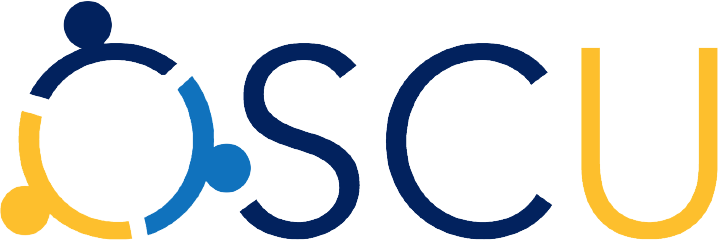FAIR and Open Data
The importance of FAIR (Findable, Accessible, Interoperable, Retrievable) and Open Data in Open Science cannot be overstated. One of the key principles of open science is that scientific research and data should be made freely available to everyone. This means that anyone, regardless of their background or expertise, should be able to access and use scientific data to advance their own research or understanding of a particular topic. Fair and open data help to ensure that this is possible, by making data easy to find, access, and use.
In addition to making scientific data more accessible, FAIR and Open data also help to promote transparency and reproducibility in scientific research. This is because when data is open and accessible, other researchers can easily check the methods and results of a study to verify its validity and reproducibility. This is particularly important in ensuring the integrity of the scientific process, as it helps to prevent the spread of misinformation.
Moreover, FAIR and Open data can also help to promote collaboration and innovation in science. When data is open and easily accessible, researchers from different institutions and disciplines can work together more effectively, sharing data and ideas and building on each other’s work. This can lead to more rapid progress and breakthroughs in scientific research, ultimately benefiting society as a whole.
More about:
- The FAIR Guiding Principles for scientific data management and stewardship (the original publication about the FAIR Principles)
- FAIR Principles (a compact overview of the FAIR principles by GO FAIR)
- Creative Commons Licenses (suitable licenses for open data)
- General Data Protection Regulation (GDPR) (the official legal text)
- Research Data Management Support (support for FAIR and Open Data at UU)
Tools:
- Yoda – a research data management service (for UU/UMCU researchers)
- OSF (the Open Science Framework is a free, open platform for sharing your research)
- Zenodo (a general-purpose open-access repository)
- Figshare (dataset sharing & crediting platform)
- DataVerseNL (storing, sharing & registration of research DATA by DANS)
- codebook (R package for automatically creating codebooks from metadata encoded in dataset attributes)
- GitHub (actually a source code repository, but can be used for text-based data)
Domain-specific open data repositories:
- European Genome-phenome Archive (EGA) (archiving and sharing biomedical research data)
- database of Genotypes and Phenotypes (dbGaP) (archiving and sharing data from research about the interaction of genotype and phenotype in Humans)

